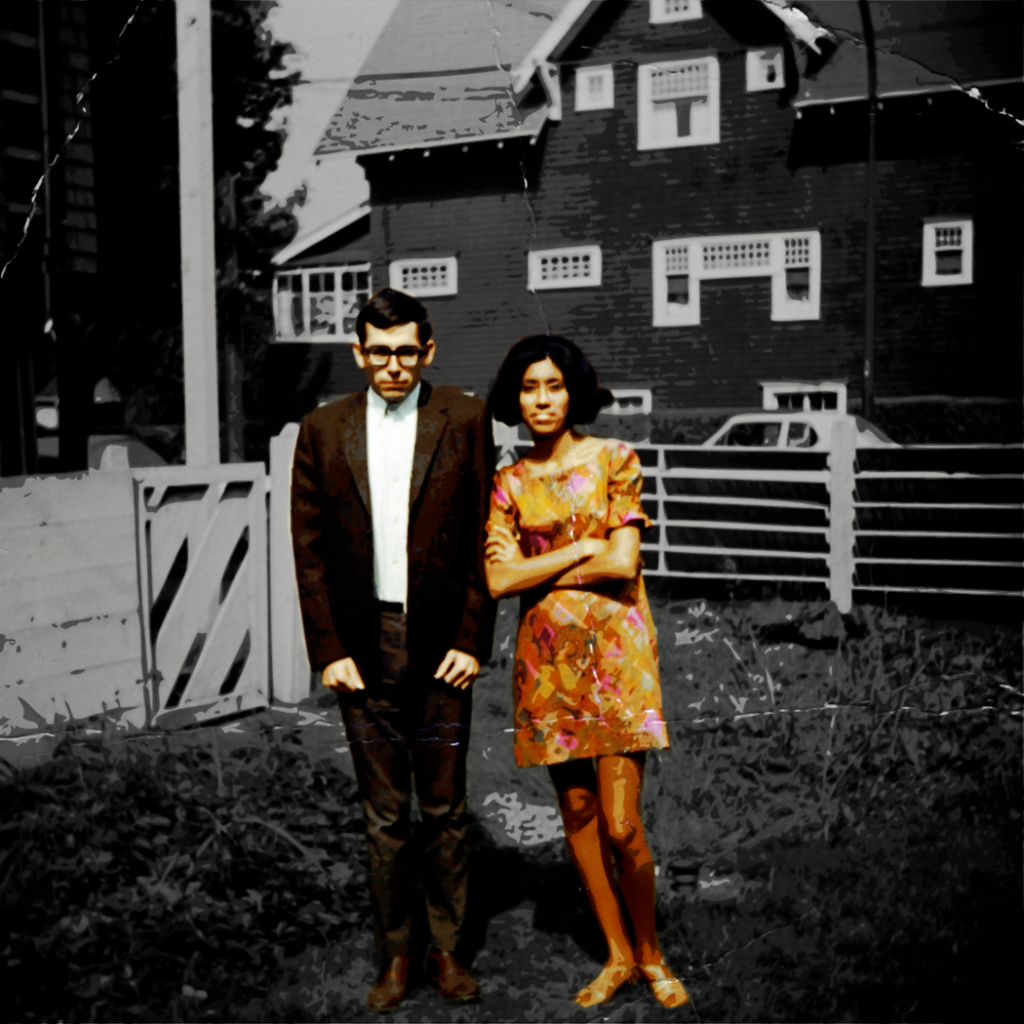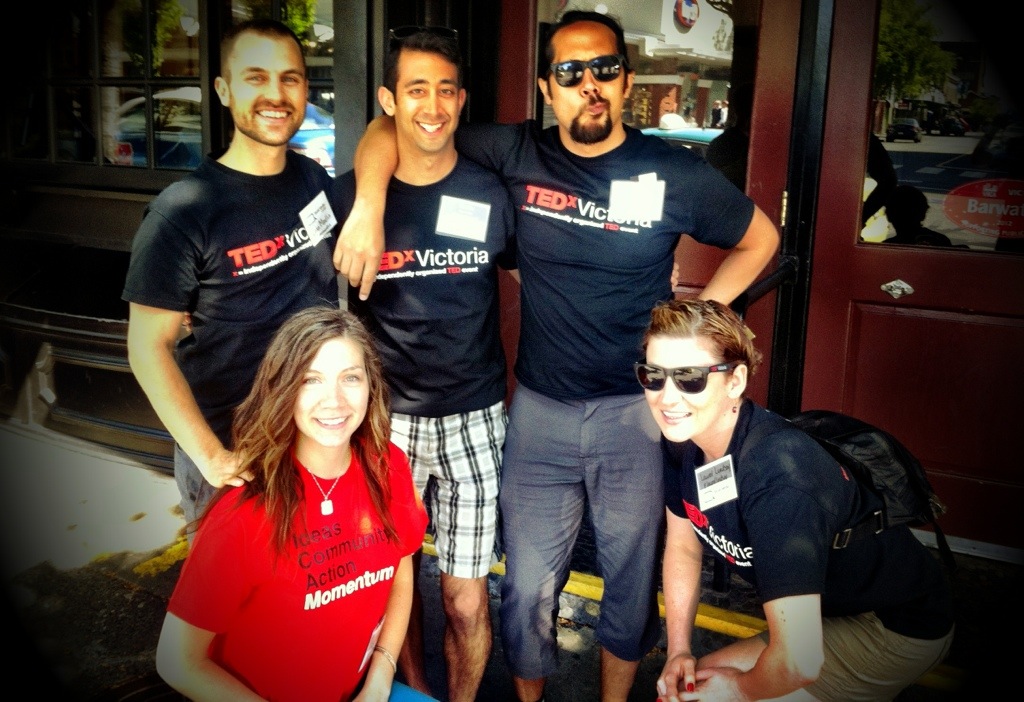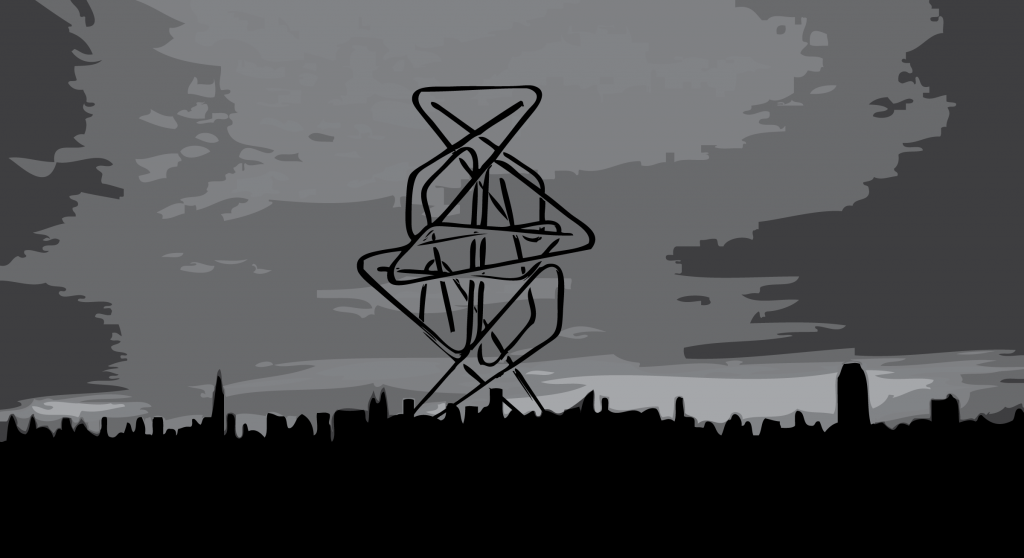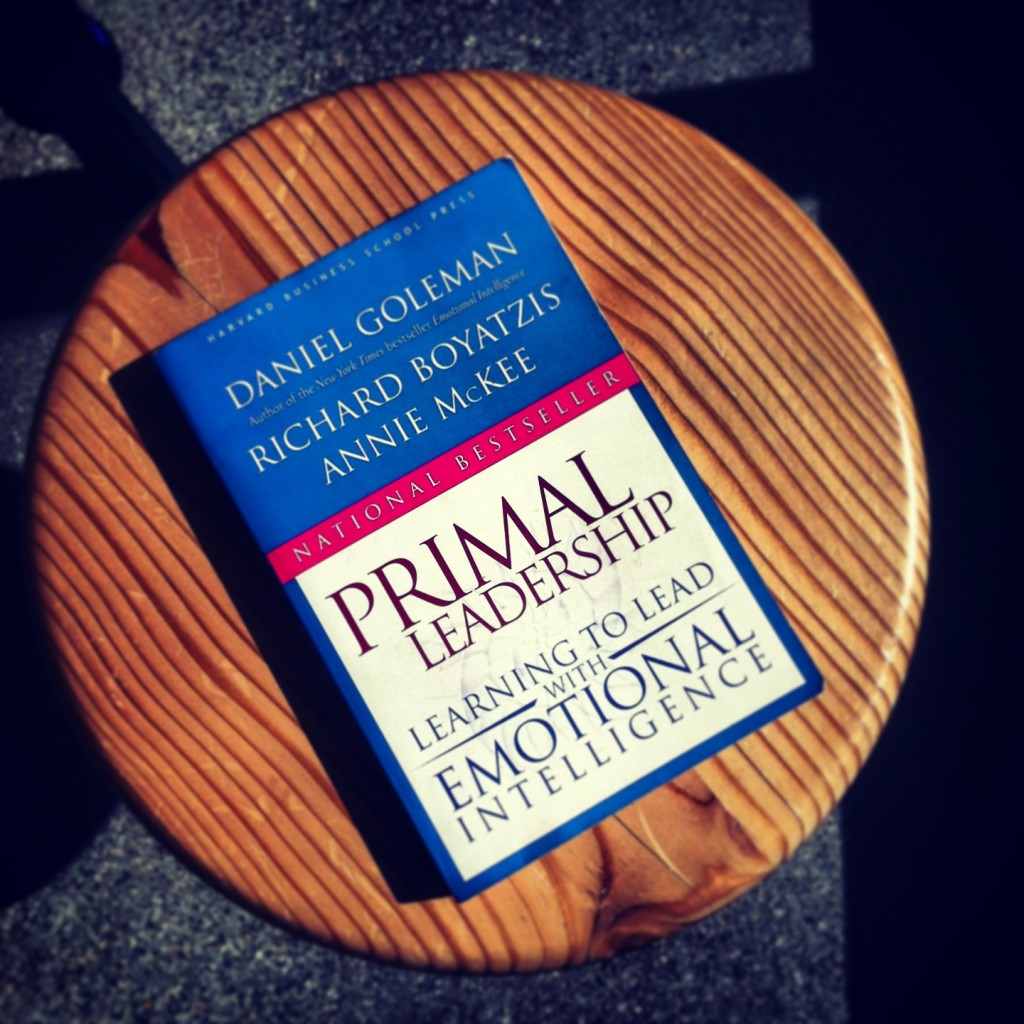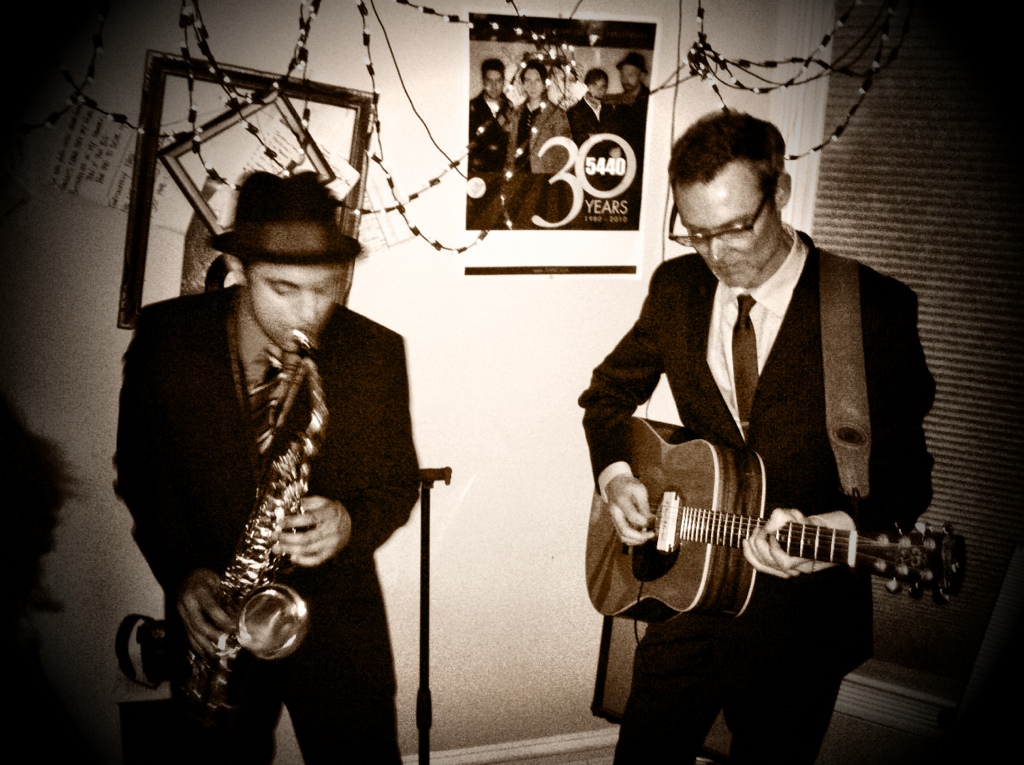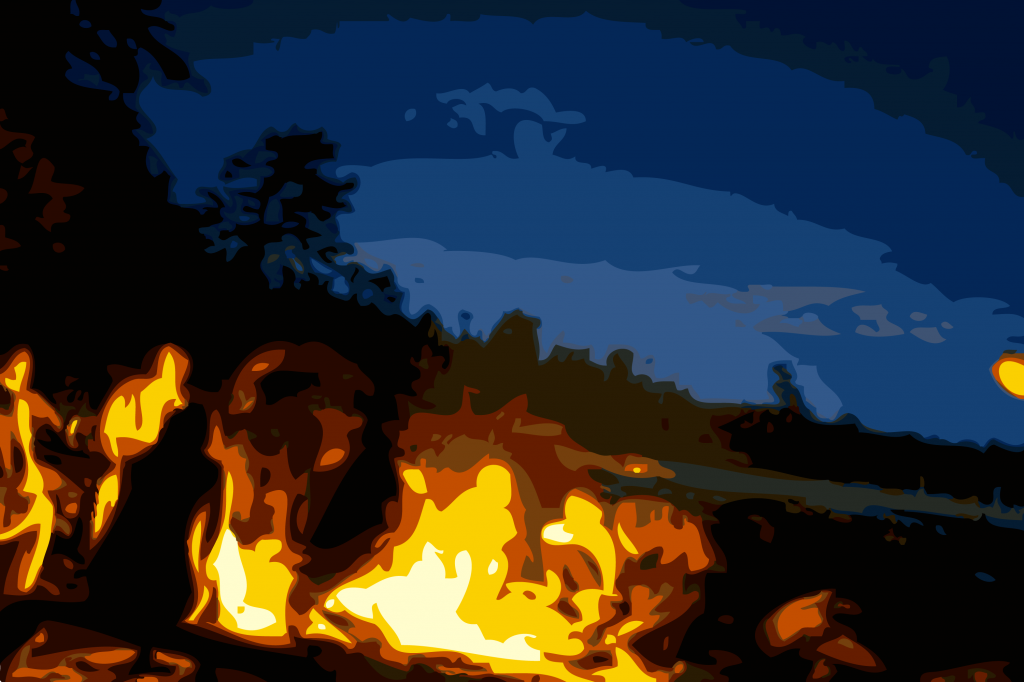
I’ve been attending a number of events lately that have loose and strong connections:
- Social Media Camp – a conference for the social media industry
- Victoria Change Camp – an unconference for social innovation put on by Social Innovators Network & volunteers
- Welcome to the Board – a workshop on board leadership and governance organized by Volunteer Victoria
Social Media Camp
First, I want to talk about Social Media Camp, as it was a pretty huge event with a really broad spectrum of topics in the realm of media, marketing, communications, pop psychology, statistical, technical, platforms, design and more. Myself and the TEDxVictoria group attended with a very gracious invitation from the organizers of the conference. There is pretty clear cross-over between our communities as we are both into technology, the sharing of ideas, and a pretty keen appreciation for design and entertainment. We attended to do outreach, passed on the booth concept, and instead donned our branded t-shirts and roamed around freely with our mailing list signup forms on our iPads/Android Phones/iPhones/laptops. I’m not against booths at all, but there’s a lot to be said for the attendee experience and the natural emergence of good connections through conversations between sessions. We were also there to learn as a group, bat around ideas, debate the merit and value of trends and certain perspectives. For a group of people that work together for fun, this is a very important thing to do. You start getting a sense of how each other think and process things in front of you, have discussions and start sharing brain cells.
Here is what I got from some of my favourite talks:
- Adrian J. Ebsary – Applying Research into Attention Economics. Sharp talk with some good research – he challenged some traditional notions surrounding social media, including the idea that some of the platforms are set up in a really unhealthy way. People may laugh at Google Plus, but it’s not the place where people erode hours of the lives staring at pictures of themselves and cat images with text over top of them. That place would be Facebook, and it’s a pretty narcissistic place and it is meant to be to retain an audience. There is danger in a constant inward outlook, as the oxymoron might suggest to you, and it is that when you only speak with people that think the same/similar way, you end up with an echo chamber. Growth potential becomes extremely limited. House of mirrors..
- Janice Mansfield – Janice did a pretty straightforward talk on Google Plus but it was the demonstration of her different use cases that was most encouraging. Most of the material I share on Facebook does not come from Facebook, it comes from Google Reader/RSS and Google Plus, where people create and share original and compelling content. There are huge subject driven communities where really smart people share really great stuff. It is a different experience than other platforms, to be sure. You may end up smarter or more connected with subjects important to you after 15 minutes in this social ecosystem. This was a good reminder that most people I know are underutilizing a tool that could make them smarter on a consistent basis. I heard the criticism that people aren’t on Google Plus because their friends and family aren’t on there, which may be part of the draw. Well, if you’re really into a subject, do you really need to wait for your friends and family to be as well? That would be a very slow way of understanding the world around one’s self..
- Russel Lolacher & David Hume – This talk was titled “Shifting culture and selling social – how to encourage internal support for new forms of engagement.” Let me distill that for you; this was really about leading organizational change at an enterprise level and generating value through strategic means rather than excessively focussing on the delivery method. There was a lot of honesty in this talk, and like Adrian’s, it was refreshing for that reason. One of the key points was “if you can’t explain value to your stakeholders, you’re lost.” Doesn’t matter if that’s over the phone, in front of a microphone, or through social media. Start with understanding purpose, and the methods will start gaining value after that. If you have got that down, then you can start adding value with some of the tools that social media provides, and you can measure it. Without some analytics and specific indicators, just doing social media for the sake of doing social media is just running around aimlessly.
- C.C. Chapman – Keynote. C.C. Chapman may have spoken the least about Social Media technology and may have had the most useful message in the whole conference. Sure, develop your voice. Sure, develop your audiences. But if you’ve done this, but don’t have anything meaningful to share, then what have you really developed? A marketing channel for the highest bidder? There are far better ways to do that than the hours you could sink into social media. Find a subject that matters and has meaning to you and get behind that to make the world a better place. Hear hear.
I found it extremely easy to network as the conference’s attendee culture, subject matter, infrastructure and technology worked well together. Hashtags were well utilized and discussion was fast and frequent.
Change Camp
This one has faded from my memory a bit since it was a few weeks ago. I went to learn about how an unconference would work in practice – I’m used to a more top-down approach to curating and objective setting, and it was interesting to see what would emerge from the framework and gathering of people. One of the things I liked was at the beginning, which might explain how the unpredictability of the conference works to the advantage of relevant outcomes. This is taken from Harrison Owen’s Open Space Principles:
- Whoever comes are the right people
- Whenever it starts is the right time
- Whatever happens is the only thing that could have
- When it’s over it’s over
In particular a very short talk by Ruben Anderson caught my interest, and it was on the topic of systemic problem solving, something I like thinking about (and hopefully I am a part of). I don’t gather this subject is generally well understood or appreciated, but it has a definite effect on everyone.
One of the sessions ended up being about how to break into the culture of change in Victoria. Being from Victoria, I didn’t know that it was difficult to break in – that’s my blind spot. I’ve never found it hard to get involved with causes and movements that mattered to me, but I’m not coming in as someone new. This reminded me that the need to open up spaces to new participants is important for the sake of fresh ideas and innovation at it’s core – by occupying a position in an organization for too long, for example, I may be a part of that problem. It’s a bit tricky to articulate, but I realized that my own movement is important. I know I am not short on having a voice, but from this session I learned that there are still plenty who have some challenges in this department, and getting out of the way is actually something I can do to be productive on a larger scale. I had suspected this from intuition, but actually hearing it from people who were new in the community made it concrete.
Welcome to the Board
Pretty much directly related to the above learning, Welcome to the Board was a workshop put on by an adjunct professor from UVic’s school of public administration in conjunction with Volunteer Victoria. It was about governance, effectiveness, conflict resolution, staffing and sustainability.
Putting in structures for terms of reference, roles, responsibilities, setting up committees and length of time “in office” made for a pretty relevant workshop. Building in set terms for board members means that new blood can enter the organization and a board can systemically fix the problem of being closed off.
I’m not sure how to apply this to committees, not sure if it’s needed, since members can come and go a lot more fluidly within that structure.
There were other learnings in here but I figure the structure and governance of boards, and focusing the purpose committees is something that I can use for many years to come at work and in my volunteer role(s), such as that with TEDxVictoria.
